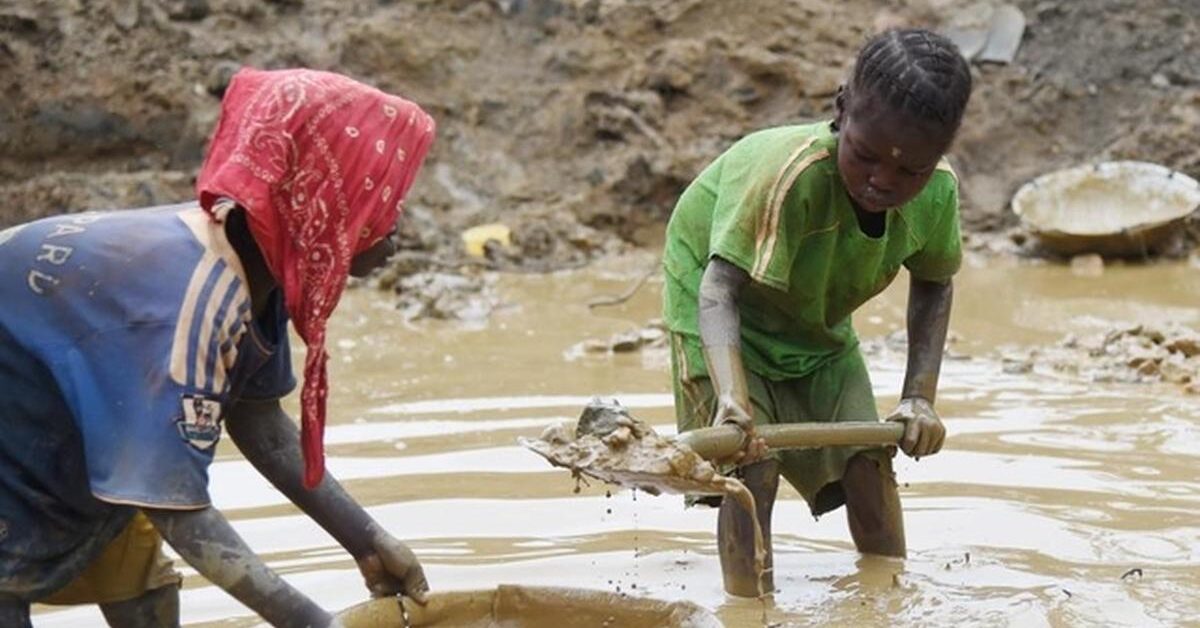United Nations Convention against Transnational Organized Crime
In the Democratic Republic of the Congo, it is estimated that there are more than one million victims of human trafficking, most of which involves “forced labour in artisanal mining sites, agriculture and domestic servitude, the recruitment of children by armed groups, as well as the trafficking of migrants for sexual purposes“.
Indeed, the challenges posed by human trafficking and migrant smuggling require robust and tailored investigative approaches to address the difficulties associated with these types of crimes. To address this, in March 2022, CERC will launch research to determine how corruption facilitates migrant smuggling and human trafficking in the Democratic Republic of Congo.
The research findings will be used to develop policies and programs to combat organized crime and stimulate debate around the fight against human trafficking and migrants in the Democratic Republic of the Congo.
About our work in transnational organized crime
Our work includes:
- Lobby with the ministry of Justice to pass legislation that criminalizes all forms of trafficking and prescribes penalties that are sufficiently stringent, and with respect to sex trafficking, commensurate with penalties prescribed for other serious crimes.
- Develop programs that increase efforts to address all forms of trafficking, including sex trafficking and labour trafficking of both adults and children.
- Implement investigations programs to proactively identify trafficking victims, including providing training for front-line officials to do so among vulnerable groups, including women and children exploited in commercial sex, street children, and men, women, and children in artisanal mining, and to refer victims to appropriate care,
- Sensitize armed groups to cease unlawful use of children in armed conflicts and in artisanal mining;
- Provide comprehensive protection services to victims of all forms of trafficking, and ensure trafficking victims are not punished for unlawful acts traffickers compelled them to commit.
- Develop and implement procedures for collecting and reporting data on cases of sex trafficking, as distinct from other sexual violence crimes, and forced labour.
- Use existing legislation to increase efforts to investigate, prosecute, convict, and adequately sentence traffickers, including complicit officials.
- Raise awareness about human trafficking among the public.
UNTOC Review Mechanism
Between March 15 and April 30, 2022, two CERC officers will participate in a UNODC-organized Workshop on the UNTOC Self-Assessment Questionnaire and Self-paced Course on the UNTOC Review Mechanism.
The UNTOC (United Nations Convention against Transnational Organized Crime) adopted by General Assembly resolution 55/25 of 15 November 2000, is the main international instrument in the fight against transnational organized crime. The UNTOC has been ratified by the Democratic Republic of the Congo on October 25, 2005. The act of ratifying is, however, only a first step towards the implementation of an international instrument.
The Convention represents a major step forward in the fight against transnational organized crime and signifies the recognition by Member States of the seriousness of the problems posed by it, as well as the need to foster and enhance close international cooperation in order to tackle those problems. States that ratify this instrument commit themselves to taking a series of measures against transnational organized crime, including the creation of domestic criminal offences (participation in an organized criminal group, money laundering, corruption and obstruction of justice); the adoption of new and sweeping frameworks for extradition, mutual legal assistance and law enforcement cooperation; and the promotion of training and technical assistance for building or upgrading the necessary capacity of national authorities.
The Convention is further supplemented by three Protocols, which target specific areas and manifestations of organized crime: the Protocol to Prevent, Suppress and Punish Trafficking in Persons, Especially Women and Children; the Protocol against the Smuggling of Migrants by Land, Sea and Air; and the Protocol against the Illicit Manufacturing of and Trafficking in Firearms, their Parts and Components and Ammunition.
